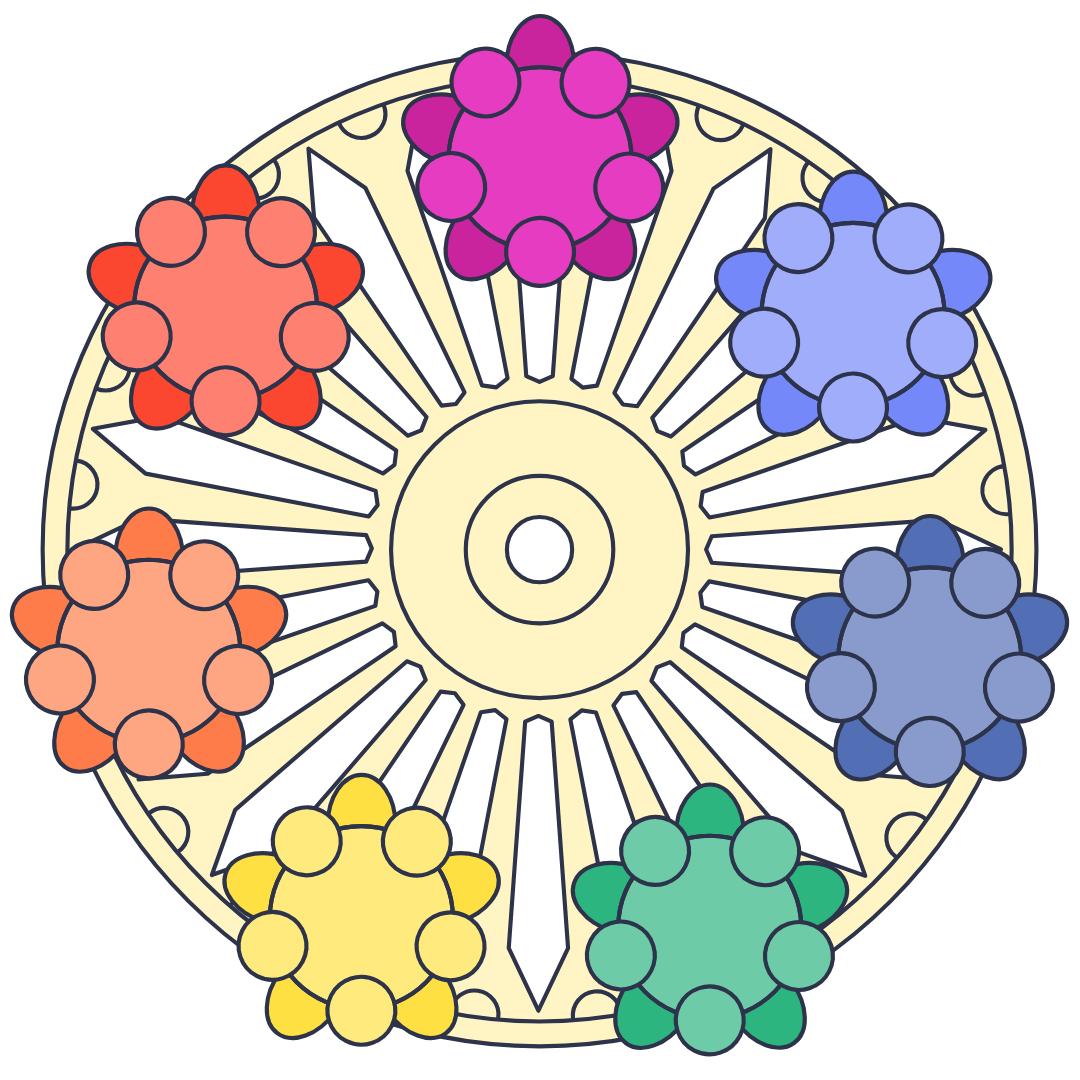Sustainable construction has become a key focus in the United Arab Emirates (UAE) as the country continues to grow and develop. With a rapidly expanding population and increasing urbanization, there is a growing need for sustainable building practices to minimize the environmental impact of construction projects. The UAE has made significant strides in promoting sustainable construction, with the government implementing various initiatives and regulations to encourage the use of green building practices. This has led to a shift in the construction industry, with many firms embracing sustainable construction methods and technologies to create more environmentally friendly and energy-efficient buildings. As a result, the UAE has become a leader in sustainable construction in the Middle East, setting an example for other countries in the region.
Overview of the 12 Leading Construction Firms
The UAE is home to some of the leading construction firms in the world, many of which have made significant contributions to sustainable construction practices. These firms have embraced green building initiatives and have incorporated sustainable materials and construction techniques into their projects. One such firm is Arabtec Construction, which has been involved in several high-profile sustainable construction projects, including the Dubai Frame and the Louvre Abu Dhabi. Another prominent firm is Al-Futtaim Carillion, which has been at the forefront of implementing renewable energy integration in construction projects. These firms, along with others such as ALEC Engineering and Contracting, have played a crucial role in shaping the sustainable construction landscape in the UAE and have set a high standard for environmentally responsible building practices.
Green Building Initiatives and Certifications
The UAE has been proactive in promoting green building initiatives and certifications to encourage sustainable construction practices. One of the most widely recognized certifications is the Leadership in Energy and Environmental Design (LEED) certification, which is awarded to buildings that meet certain criteria for energy efficiency, water conservation, and indoor environmental quality. Many construction firms in the UAE have pursued LEED certification for their projects, demonstrating their commitment to sustainable building practices. In addition to LEED, the UAE also has its own green building certification system known as Estidama, which focuses on sustainability and environmental performance in the built environment. These initiatives have been instrumental in driving the adoption of sustainable construction practices in the UAE and have helped to raise awareness about the importance of building green.
Sustainable Materials and Construction Techniques
The use of sustainable materials and construction techniques is a key aspect of sustainable construction in the UAE. Many construction firms have embraced innovative materials such as recycled steel, bamboo, and reclaimed wood to reduce the environmental impact of their projects. In addition, advanced construction techniques such as prefabrication and modular construction have been widely adopted to minimize waste and improve energy efficiency. These techniques not only help to reduce the carbon footprint of construction projects but also contribute to faster and more cost-effective building processes. By incorporating sustainable materials and construction techniques into their projects, construction firms in the UAE are not only meeting environmental standards but also setting new benchmarks for quality and innovation in the industry.
Renewable Energy Integration in Construction Projects
Renewable energy integration has become increasingly important in sustainable construction projects in the UAE. With abundant sunlight throughout the year, solar energy has emerged as a popular choice for powering buildings and reducing reliance on traditional energy sources. Many construction firms have incorporated solar panels into their projects to harness clean and renewable energy, reducing carbon emissions and operating costs. In addition to solar energy, wind power and geothermal energy are also being explored as viable options for powering buildings in the UAE. By integrating renewable energy sources into construction projects, firms are not only reducing their environmental impact but also contributing to the country’s goal of diversifying its energy mix and promoting sustainability.
Waste Management and Recycling Practices
Effective waste management and recycling practices are essential components of sustainable construction in the UAE. Construction projects generate a significant amount of waste, including concrete, wood, and metal, which can have a detrimental impact on the environment if not properly managed. Many construction firms have implemented comprehensive waste management plans to minimize waste generation and maximize recycling efforts. This includes segregating waste at source, reusing materials whenever possible, and partnering with recycling facilities to ensure that waste is diverted from landfills. By prioritizing waste management and recycling practices, construction firms are not only reducing their environmental footprint but also contributing to a circular economy where resources are used more efficiently.
Community Engagement and Social Responsibility
Community engagement and social responsibility are integral aspects of sustainable construction in the UAE. Many construction firms actively engage with local communities to address their needs and concerns, ensuring that their projects have a positive impact on the surrounding area. This includes creating job opportunities for local residents, supporting education and training programs, and investing in community infrastructure. In addition, many firms have also implemented corporate social responsibility (CSR) initiatives to give back to society through charitable activities and environmental conservation efforts. By prioritizing community engagement and social responsibility, construction firms are not only contributing to the well-being of local communities but also fostering a culture of sustainability and inclusivity in the industry.
In conclusion, sustainable construction has become a driving force in the UAE’s building industry, with leading firms embracing green building initiatives, sustainable materials, renewable energy integration, waste management practices, and community engagement. The country’s commitment to promoting sustainable construction practices has not only led to a more environmentally friendly built environment but has also positioned the UAE as a global leader in sustainable development. As the country continues to grow and urbanize, it is imperative that sustainable construction remains a top priority to ensure a more sustainable future for generations to come.

